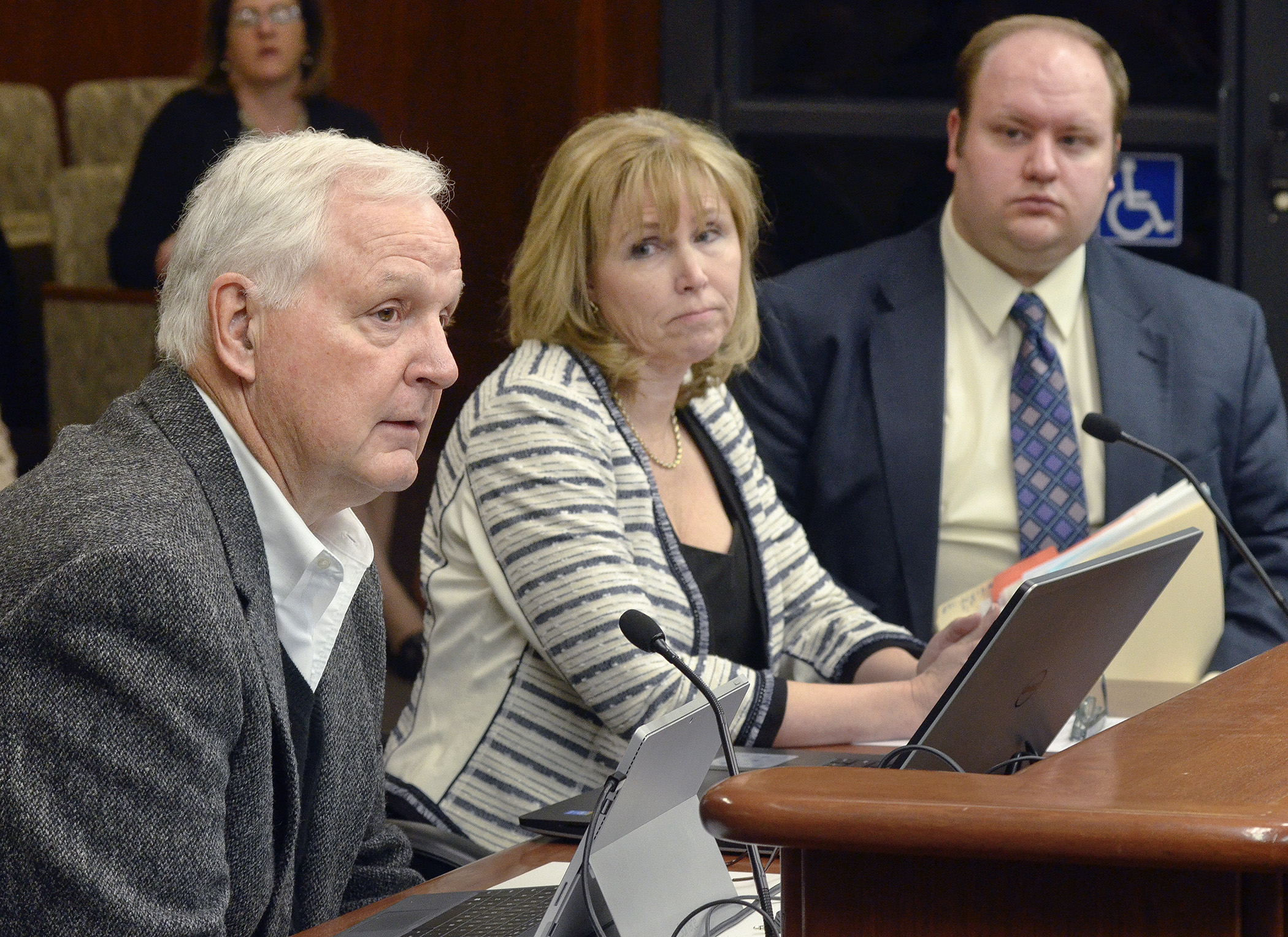‘Let’s Talk Now Act’ would help promote end-of-life conversations

Unless a person has an advanced care directive, doctors are obliged to do everything they can to keep a person alive, even if it means the patient lying in an intensive care unit for weeks until the end of life.
To encourage more people to have those sensitive discussions with caregivers ahead of time, Honoring Choices Minnesota proposes the “Let’s Talk Now Act.”
Framed in HF970, the act would create a grant program to enable nonprofit organizations to expand end-of-life care planning services statewide. Sponsored by Rep. Joe Schomacker (R-Luverne), the bill would direct the Department of Health to offer an unspecified amount of grant funding to organizations that provide statewide services to promote advance care planning.
The House Aging and Long-Term Care Policy Committee approved the bill Wednesday and referred it to the House Health and Human Services Reform Committee. SF410, a companion sponsored by Sen. Kathy Sheran (DFL-Mankato), was laid over for possible omnibus bill inclusion Wednesday by the Senate Health and Human Services Budget Division.
Six months prior to death, the typical person is seen by 10 or more specialists, according to Dr. Ken Kephart, Twin Cities Medical Society president. Having a living will is fine, but finding a copy of it when needed, keeping it updated or ensuring that the chosen family member will carry out the directives are all challenges that can elevate stress and discord. Honoring Choices Minnesota has resources to facilitate those discussions with caregivers, medical staff and family members. People change their minds several times when faced with their individual situation, so Kephart said physicians are less interested in the paper directive and more interested in having the conversation with all parties involved.
The bill would not require financial or estate planning services in addition to care directives, although Rep. Barb Yarusso (DFL-Shoreview) said she would like financial planning included in the service model. Kephart said the goal of advance care planning is not to save money, rather it is to empower a person to make their own decision about their end-of-life experience and not allow others to make a value judgment about that choice. However, health care savings may result, he acknowledged.
Schomacker also sponsors HF971, a second bill that would be an unspecified General Fund appropriation to the Health Department for advance care planning grants.
It was approved and referred to the House Health and Human Services Finance Committee. SF407, the companion also sponsored by Sheran, was laid over Wednesday for possible inclusion in an omnibus finance bill by the Senate Health and Human Services Budget Division.
Related Articles
Search Session Daily
Advanced Search OptionsPriority Dailies
Ways and Means Committee OKs proposed $512 million supplemental budget on party-line vote
By Mike Cook Meeting more needs or fiscal irresponsibility is one way to sum up the differences among the two parties on a supplemental spending package a year after a $72 billion state budg...
Meeting more needs or fiscal irresponsibility is one way to sum up the differences among the two parties on a supplemental spending package a year after a $72 billion state budg...
Minnesota’s projected budget surplus balloons to $3.7 billion, but fiscal pressure still looms
By Rob Hubbard Just as Minnesota has experienced a warmer winter than usual, so has the state’s budget outlook warmed over the past few months.
On Thursday, Minnesota Management and Budget...
Just as Minnesota has experienced a warmer winter than usual, so has the state’s budget outlook warmed over the past few months.
On Thursday, Minnesota Management and Budget...